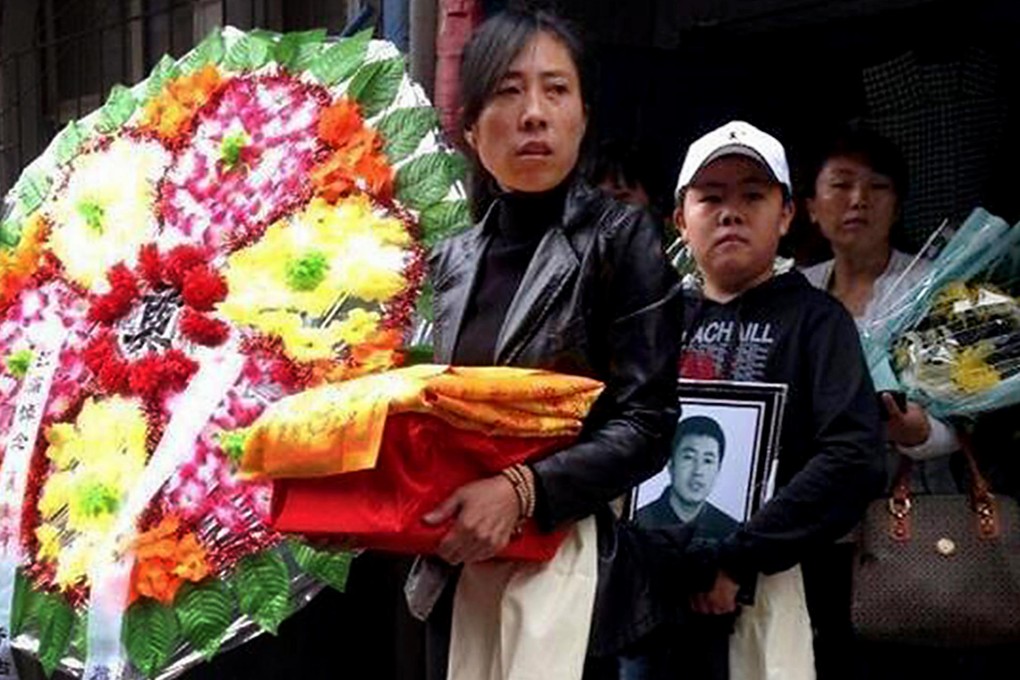Death penalty in China linked to social inequality, say critics
Beijing has made some strides in reforming how death penalty gets meted out, but experts say more transparency is needed in system

Early on the morning of September 25, representatives from a Shenyang court in Liaoning province went to the home of Zhang Jing with news her husband, Xia Junfeng, would be executed in a few hours. She should go to the detention centre to say her good-byes, they said.
Xia, who sold roasted sausages and other snacks on the street after losing his factory job, was convicted of "intentional homicide" in the stabbing death of two urban management officers in 2009 after they beat him. He insists he acted in self-defence.

Despite a long review of his case by the Supreme People's Court, the death sentence was upheld. "As long as there is still one person back at my home, tell them not to give up appealing for me," Xia said in his last words to his wife, she later told the South China Morning Post.
Xia wanted to have a final photo taken with his family, but officials refused. "How could you be so cruel?" Zhang said on her microblog.
Gu Kailai , 53-year-old daughter of a Communist Party elder, was also convicted of "intentional homicide". She poured rat poison and cyanide mixed in water down the throat of drunken British businessman Neil Heywood in a room at the Lucky Holiday Hotel on November 14, 2011, in Chongqing , where Gu's husband, Bo Xilai served as party boss.
